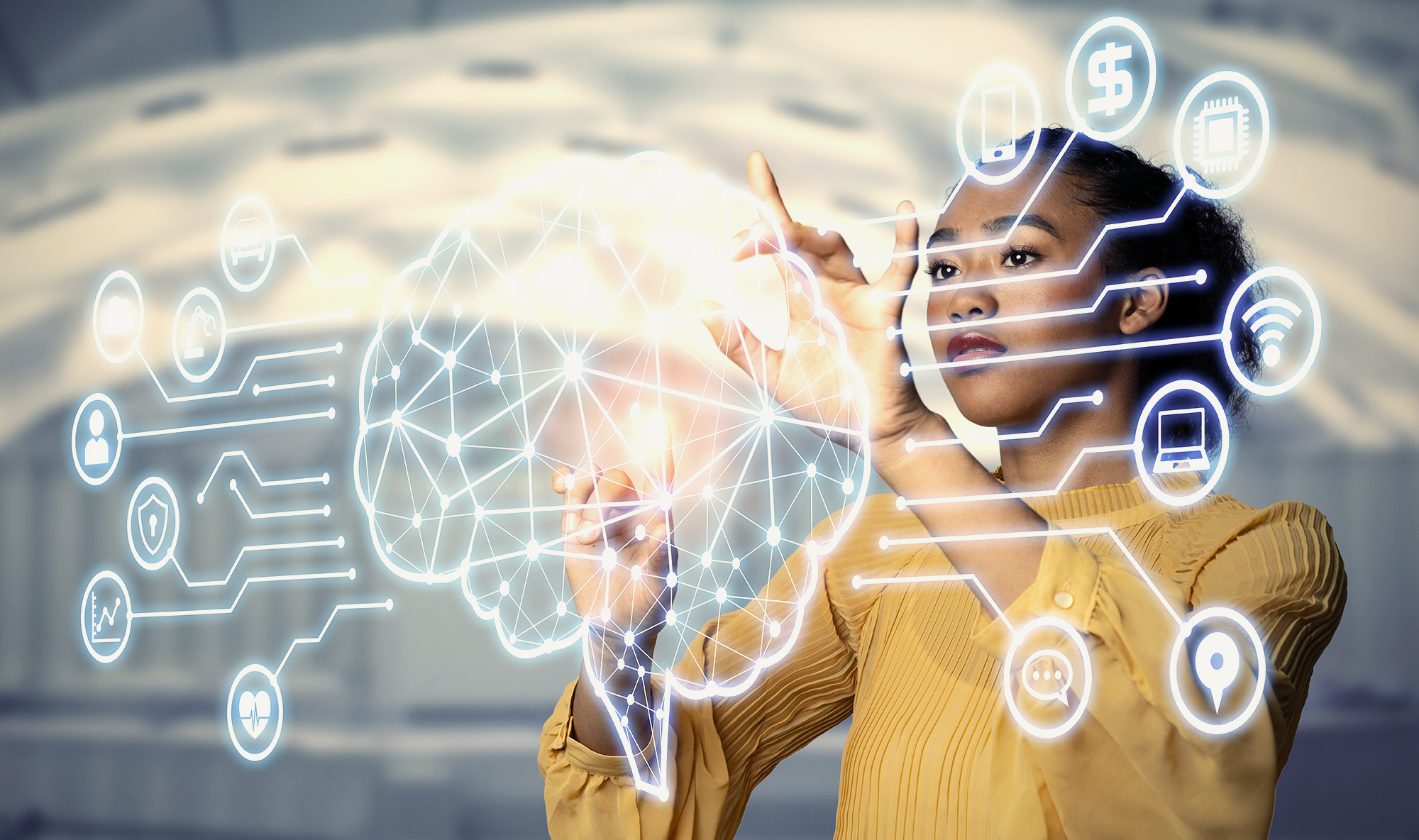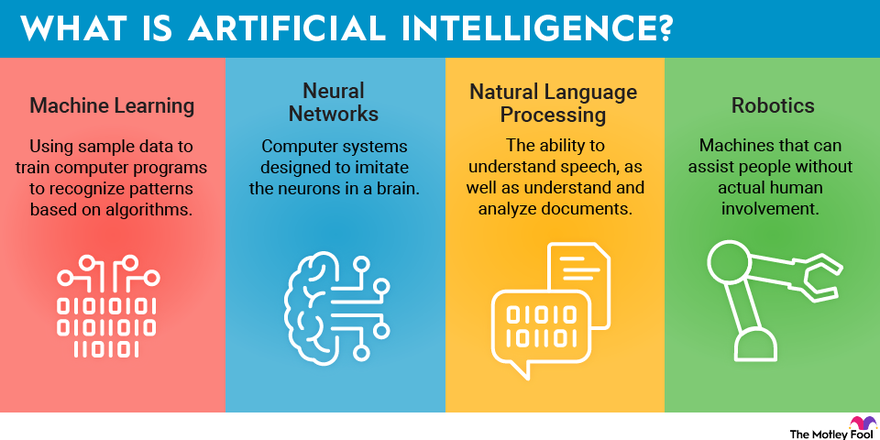Technology is altering our world at an amazing rate! Its sweeping modifications can be discovered everywhere and they can be explained as both thrilling, and at the same time terrifying. Although people in lots of parts of the world are still trying to come to terms with earlier technological transformations in addition to their sweeping social and instructional implications - which are still unfolding, they have been woken up to the reality of yet another digital revolution - the AI revolution.

Expert System (AI) innovation refers to the ability of a digital computer system or computer-controlled robot to carry out jobs that would otherwise have been carried out by people. AI systems are designed to have the intellectual procedures that define human beings, such as the ability to factor, discover significance, generalize or discover from previous experience. With AI innovation, vast quantities of information and text can be processed far beyond any human capability. AI can likewise be used to produce a vast range of new material.
In the field of Education, AI innovation features the prospective to make it possible for new kinds of teaching, finding out and educational management. It can likewise enhance finding out experiences and support instructor tasks. However, in spite of its favorable capacity, AI also positions substantial threats to students, the teaching community, education systems and society at large.
What are a few of these dangers? AI can decrease teaching and learning processes to estimations and automated jobs in manner ins which devalue the role and influence of instructors and weaken their relationships with learners. It can narrow education to only that which AI can process, model and provide. AI can likewise intensify the worldwide lack of certified teachers through out of proportion costs on technology at the cost of financial investment in human capability advancement.

Making use of AI in education likewise creates some basic questions about the capacity of teachers to act purposefully and constructively in figuring out how and when to make cautious use of this innovation in an effort to direct their professional development, discover solutions to challenges they deal with and improve their practice. Such basic concerns consist of:
· What will be the function of instructors if AI innovation end up being widely implemented in the field of education?
· What will assessments appear like?

· In a world where generative AI systems seem to be establishing brand-new abilities by the month, what abilities, outlooks and competencies should our education system cultivate?
· What changes will be required in schools and beyond to assist trainees plan and direct their future in a world where human intelligence and maker intelligence would appear to have become ever more carefully linked - one supporting the other and vice versa?
· What then would be the function or role of education in a world controlled by Artificial Intelligence innovation where humans will not always be the ones opening new frontiers of understanding and knowledge?

All these and archmageriseswiki.com more are daunting questions. They force us to seriously consider the issues that occur concerning the execution of AI innovation in the field of education. We can no longer just ask: library.kemu.ac.ke 'How do we prepare for an AI world?' We must go deeper: 'What should a world with AI look like?' 'What functions should this effective innovation play?' 'On whose terms?' 'Who decides?'

Teachers are the main users of AI in education, and they are anticipated to be the designers and facilitators of students' knowing with AI, the guardians of safe and ethical practice throughout AI-rich academic environments, and to function as function designs for lifelong discovering AI. To presume these duties, instructors require to be supported to develop their capabilities to utilize the potential benefits of AI while mitigating its risks in education settings and broader society.
AI tools should never ever be created to replace the genuine responsibility of instructors in education. Teachers should remain responsible for pedagogical choices in using AI in mentor suvenir51.ru and in facilitating its usages by students. For instructors to be responsible at the practical level, a pre-condition is that policymakers, teacher education institutions and schools assume obligation for preparing and supporting instructors in the appropriate use of AI. When introducing AI in education, legal securities need to likewise be established to protect teachers' rights, and long-term financial dedications require to be made to make sure inclusive gain access to by teachers to technological environments and fundamental AI tools as essential resources for adjusting to the AI period.

A human-centered technique to AI in education is critical - a technique that promotes crucial ethical and

practical concepts to help manage and forum.altaycoins.com assist practices of all stakeholders throughout the entire life cycle of AI systems. Education, offered its function to safeguard along with facilitate development and lovewiki.faith knowing, has an unique obligation to be completely knowledgeable about and responsive to the threats of AI - both the known threats and those only simply emerging. But too typically the risks are neglected. The use of AI in education therefore needs careful factor to consider, including an examination of the progressing roles instructors require to play and the competencies required of instructors to make ethical and effective use of Expert system (AI) Technology.
While AI uses opportunities to support teachers in both mentor along with in the management of learning processes, meaningful interactions in between instructors and trainees and human growing need to remain at the center of the educational experience. Teachers must not and users.atw.hu can not be changed by technology - it is crucial to secure teachers' rights and guarantee sufficient working conditions for yogaasanas.science them in the context of the growing usage of AI in the education system, in the office and in society at big.








